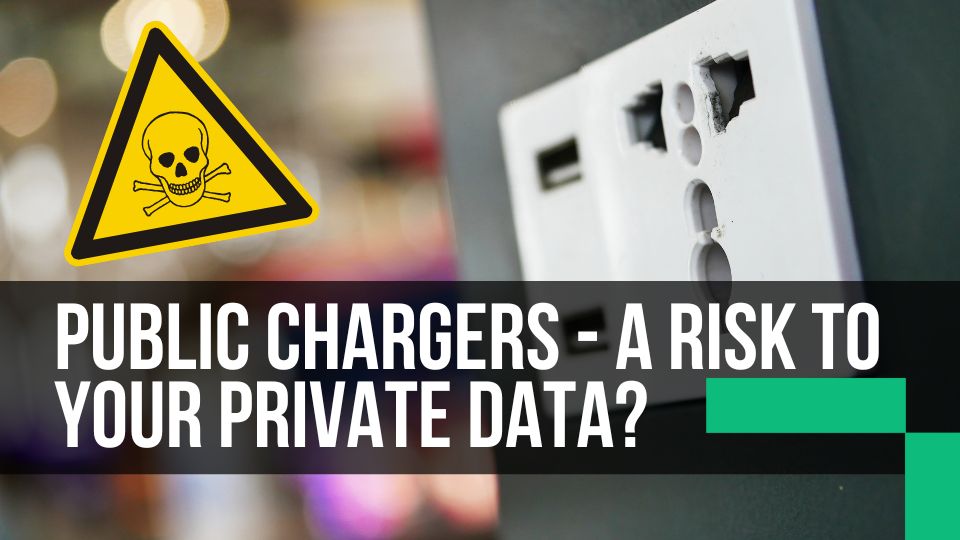We’ve all been there – your phone’s battery is gasping for life, and you’re at an airport, hotel, or café. You spot a public charging station and think, “Hallelujah! Problem solved!” But wait. What if we told you these convenient charging ports hold a dark secret: they could be a hacker’s playground, leaving your precious data at risk.
Recently, the FBI issued a stark warning: stop using public charging ports. Cunning cybercriminals have figured out how to exploit USB ports to inject malicious software and surveillance tools into your devices while they charge. The once-obscure threat of “juice jacking” has become all too real, as the technology required to execute these attacks becomes cheaper, smaller, and easier to deploy. This means even less tech-savvy criminals can get in on the action.
Here’s how it works:
The most prevalent charging cables – USB-C and lightning – serve a dual purpose. They contain pins for both charging and data transfer. When you juice up your device, you only need the charging pins. However, a tampered charging port or a seemingly innocent cable left behind by someone could use the data pins to slurp up your information without your knowledge – all while you’re sitting there browsing through memes and playing Angry Birds Reloaded.
By accessing the data pins, crooks can plant malware onto your device, granting them a backdoor to your device. It’s akin to plugging your phone into a stranger’s laptop – a risky move, indeed.
To safeguard your devices, follow this golden rule: always carry your own charger and cable, and connect directly to a power outlet. If using a public USB port is your only option, invest in a nifty little gadget called a USB data blocker. This ensures that only power is transmitted, keeping your data secure while your device charges.
At Leap Cloud Solutions, we’re all about balancing security and productivity for businesses like yours. Interested in learning more? Reach out for a consultation, and let’s give your company the security it deserves.





